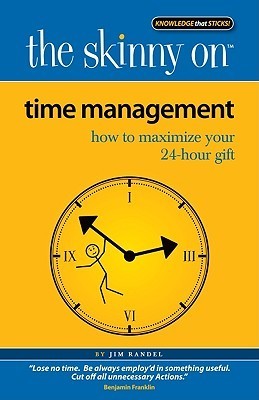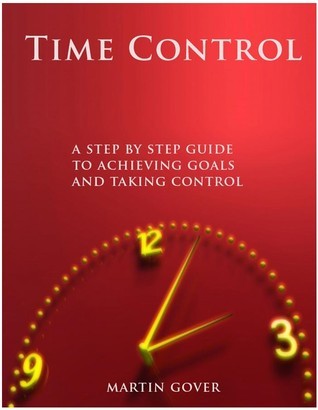
Getting Things Done: The Art of Stress-Free Productivity
Book Description
Imagine a life where chaos gives way to crystal-clear clarity. In "Getting Things Done: The Art of Stress-Free Productivity," David Allen unveils a revolutionary system that transforms overwhelming tasks into manageable actions. With each page, the secrets to mastering workflow and reclaiming precious time are revealed, empowering a sense of control over your life. As distractions fade and focus sharpens, the tension between ambition and overwhelm dissipates. Could the key to unlocking your fullest potential lie in just five simple steps? Get ready to unleash a new era of productivity and discover how to thrive in today’s demanding world.
Quick Book Summary
"Getting Things Done: The Art of Stress-Free Productivity" by David Allen presents a transformative approach to managing tasks, commitments, and information overload. Allen argues that mental clarity and productivity are possible when we stop relying on memory to track obligations and instead implement a reliable external system. At the heart of his method—known as GTD—are practical strategies to capture everything that demands attention, clarify next steps, organize information, regularly reflect, and engage purposefully. Allen’s five-step model helps readers break complex projects into actionable items, reduce anxiety, enhance focus, and reclaim a sense of control. By integrating these techniques, individuals cultivate both professional effectiveness and personal peace, unlocking their capacity to achieve more with less stress.
Summary of Key Ideas
Table of Contents
Capturing Everything That Matters
David Allen begins by diagnosing why modern professionals feel so overwhelmed and unfocused. He contends that most of this anxiety comes from keeping too much information in our heads, causing stress and mental overload. The brain, he says, is designed for having ideas, not holding them. Allen introduces his GTD system as a remedy—emphasizing the importance of an external system to capture all commitments so that the mind is free to think creatively rather than anxiously juggling details.
Clarifying and Defining Next Actions
The GTD methodology starts with capturing everything that has our attention, from errands to ambitious goals. Allen advocates using tools—inboxes, notepads, digital apps—to collect every task, idea, and project. By systematically gathering these commitments, nothing falls through the cracks and the mind can start to relax, knowing nothing important will be forgotten.
Organizing Tasks and Projects Effectively
Next, Allen describes the process of clarifying and defining next actions. He insists that every collected item must be examined: Is it actionable? If so, what is the next physical step to move it forward? This transformation of vague intentions into clear, concrete actions demystifies projects and prevents procrastination. Non-actionable items are either trashed, incubated for later review, or referenced as needed.
Reflecting and Reviewing Regularly
Organization is essential in GTD. Allen’s system sorts clarified items into meaningful categories—contexts, projects, waiting-for lists, and calendars—based on the resources required. This structure allows users to efficiently locate what can be done in a given moment, given constraints like location, time, or energy, and keeps all projects and responsibilities visible without being overwhelming.
Engaging in Focused, Purposeful Work
Regular reflection is the engine that keeps the system trustworthy and effective. Allen stresses the need for weekly reviews: a time to assess, update, and reorganize lists, ensuring every commitment is current. With everything in its place, individuals can focus fully on the action at hand. By consistently applying GTD, people experience reduced stress, enhanced productivity, and a clearer path to achieving meaningful results.
Download This Summary
Get a free PDF of this summary instantly — no email required.





